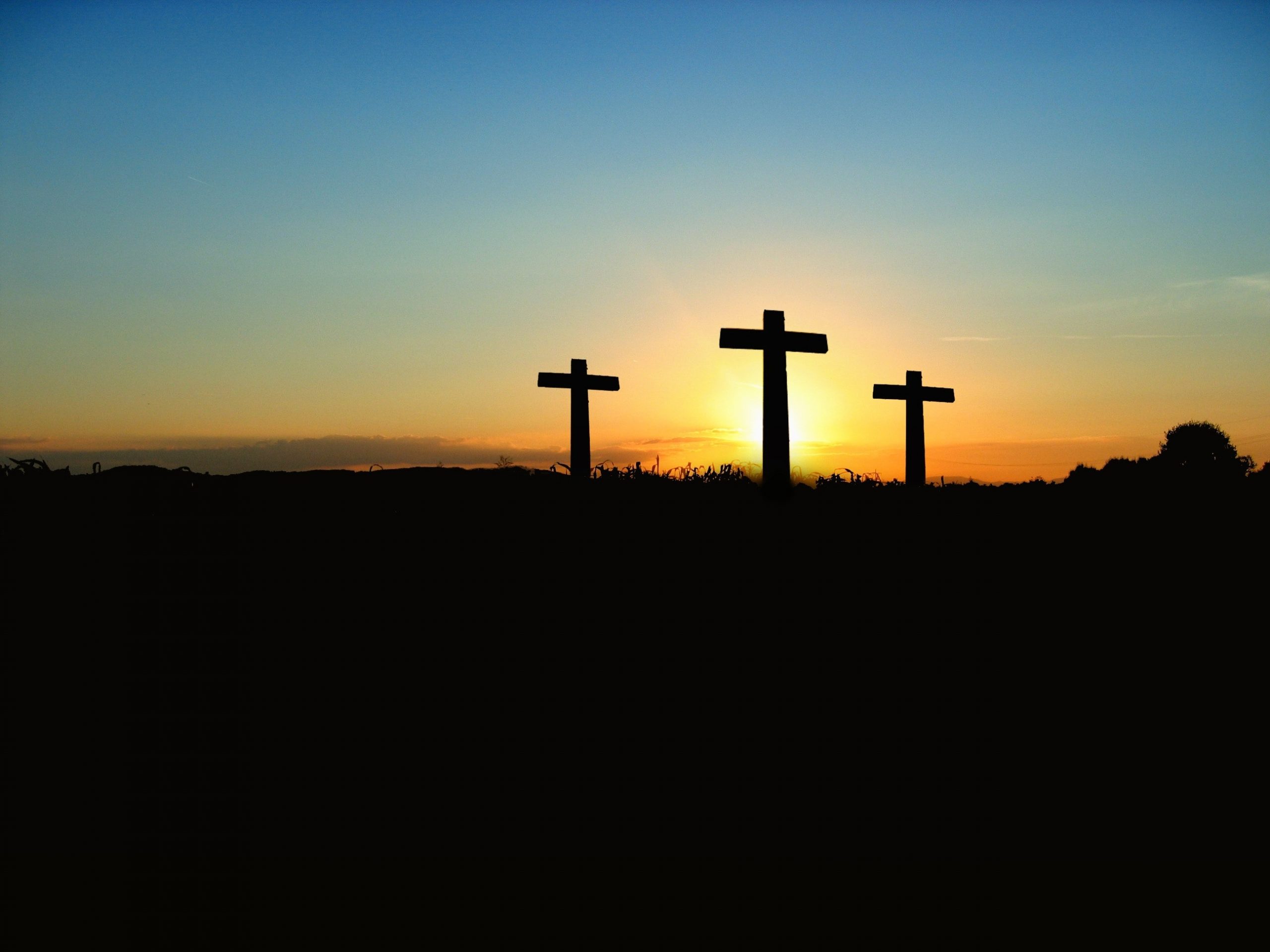I really like Luke’s gospel. Luke is the only Gentile writer in the New Testament and the gospel he writes is for everybody. He shows Jesus as often being surrounded by ordinary people like you and me. Jesus is constantly in homes, connecting with people over a meal and interacting as He travels along the road. It’s in these everyday events that people are healed, demons flee and lives are transformed. And this is just as true today as it was then.
I particularly like the way Luke interweaves the ordinary and the miraculous, and the way he pushes each of us to see beyond the natural. In fact, Luke sets this up in the intriguing way he introduces Jesus’ public ministry. Taken together, Jesus water baptism, genealogy, encounter with the devil and proclamation in the synagogue in Nazareth (Luke 3:21-4:30), provide great insight into Luke’s portrayal of Jesus. It’s what happens in Nazareth that I find most interesting.
Introducing Jesus as Messiah
When Jesus stands up in the synagogue in Nazareth, He is able to claim with authority, “The Spirit of the Lord is upon me…” (Luke 4:18). He is not only attesting to what has taken place at His water baptism, but also alerting his audience as to Who He is, and what is about to take place – if they are willing to see it.
I wonder what was going through the minds of those in the audience as Jesus read from the scroll of the prophet Isaiah (Isaiah 61:1-2a)? They only saw him as Joseph’s son, and it seems they did not expect that much of him as a teacher. So they are amazed at the way Jesus spoke and taught and say good things about him (Luke 4:22). Yet at that point they don’t seem to have fully grasped what he is saying. The words Jesus has read from Isaiah are prophetic of the coming Messiah, and the amazing blessings that would accompany His arrival. Now the Messiah is standing in front of them, and they don’t realise it.
However, as Jesus continues speaking, their reaction to him completely changes. They become furious, drive Him out of town, and even seek to kill Him (Luke 4:28-29). What could have caused such an intense and aggressive reaction?
Jesus’ real mission
The change comes when Jesus gives two examples to illustrate the freedom and liberation He is actually heralding. It is far beyond than anything those in his audience could ever imagine.
Of all the examples Jesus could have chosen to illustrate the poor, blind and oppressed that the Messiah has come to bring freedom to, He chooses examples from the lives of two prophets who minister to lowly, obscure people. Not only that, these lowly, obscure people are a widow and a leper who are both Gentiles. According to the Jews, both these people were classed as outsiders and totally unworthy of notice. Including Gentiles in God’s plan was absolutely unthinkable. The Messiah would never do this. Yet this is what Jesus was claiming.
Jewish identity at that time was built on exclusivity. Many, particularly those in the synagogues, were proud of the fact that they were chosen by God. And they largely viewed the Messiah from a narrow, nationalistic perspective. In other words, they thought the Messiah would primarily come and bring freedom and liberation for Israel.
What Jesus proposed, challenged this self-understanding. He is challenging the narrow exclusivity of their identity. To accept the type of Messiah that reached out to Gentiles meant that they would have to change the way they thought about themselves and about others. They would have to think and act differently. So this was no small matter. It cut to the heart of everything they held dear. Is it any wonder they are violently offended.
Freedom for everyone
God’s intention for salvation, healing and restoration is much bigger and more encompassing than any of us probably realise. Right from the beginning of his Gospel, Luke portrays this as good news for every single person, whether Gentile or Jew, rich or poor. From shepherds to wise men; from those in the temple to complete outsiders; no-one is excluded, no matter what we have done. And this challenges our own preconceived ideas too – particularly when we think we are unworthy to come before God. That barrier of unworthiness does not exist as far as Jesus the Messiah is concerned.
Jesus, the Holy Spirit anointed and empowered Son of God came in the human flesh, to show how vast God’s plan of salvation, freedom and restoration really is. And what He claimed as He stood in the Synagogue in Nazareth, still stands today.
I just wonder how often we’ve been guilty of something similar to Jesus’ audience in the synagogue. Maybe you have thought “this can’t happen,” or “that’s not possible.”
If you have something that is holding you back, I encourage you to take hold of the Word of God that was penned by the prophet Isaiah all those years ago, and claimed by Jesus as He stood in that synagogue in Nazareth. Declare Jesus as the One who brings freedom, breakthrough and restoration over your life today.
Let’s be those who fully take hold of all Jesus has for done for us, and not let anything hold us back!





